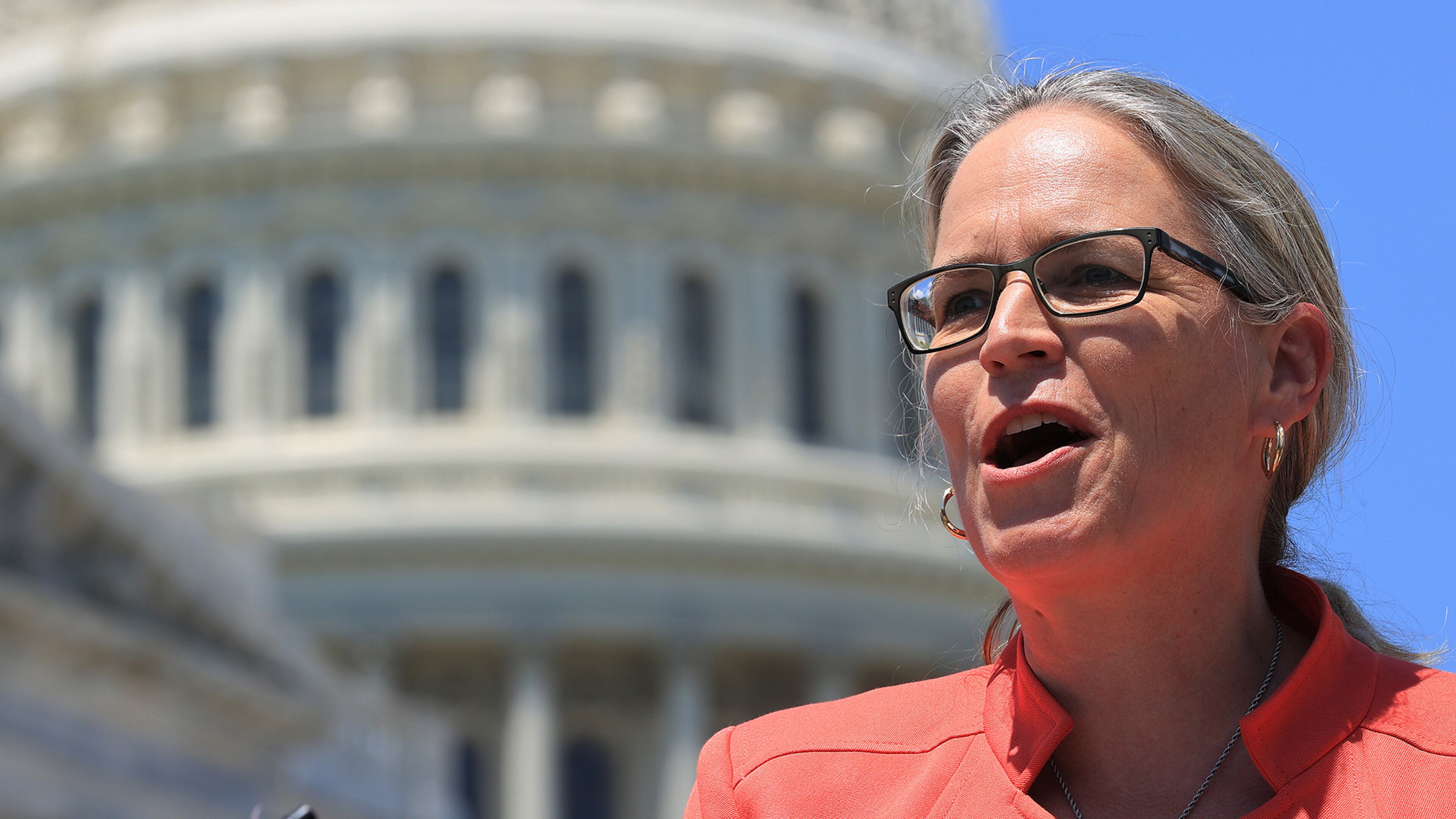U.S. House advances $3.5 trillion spending package, John Lewis Voting Rights Act

WASHINGTON — The U.S. House on Tuesday advanced a $3.5 trillion social services spending package and approved a voting bill named after the late Georgia Congressman John Lewis.
The agreement to move forward with the spending package also set up a House vote on the $1.2 trillion bipartisan infrastructure bill no later than Sept. 27. That was part of a compromise House Speaker Nancy Pelosi reached with 10 moderate Democrats, including Georgia’s Carolyn Bourdeaux, who had initially threatened to hold up the spending legislation unless an immediate vote was taken on the infrastructure bill.
The vote on the spending package, which also included procedural maneuvers regarding the infrastructure legislation and the John Lewis Voting Rights Advancement Act, was strictly along party lines, with all Democrats in favor and all Republicans opposed.
Later Tuesday evening, the House approved the voting bill with the same party-line split. That measure now heads to the U.S. Senate, where Republicans are likely to use the filibuster to block passage.
Bourdeaux said she felt the small concessions made by Pelosi to appease the group of moderates were sufficient because they guaranteed a separate vote on the $1.2 trillion infrastructure bill to build or repair roads, bridges and mass transit. The measure has already been approved in the Senate with the support of all 50 members of the Democratic caucus and 19 Republicans.
“We got about an iron-clad agreement as you can get to get the bipartisan bill through starting on Sept. 27, and that was in large part the overall aim,” the Suwanee Democrat said.
As a result of this agreement, the moderates supported allowing the social services spending bill to proceed with a process called budget reconciliation that permits Democrats to bypass filibuster rules in the Senate, meaning it can become law without a single GOP vote. The compromise avoided a second vote on the budget resolution, which is what Bourdeaux and the other moderates had pledged to derail.
The planned $3.5 trillion social services measure will include a range of Democratic priorities such as universal pre-kindergarten, tuition-free community college, clean energy policies and a new plan to expand Medicaid in states such as Georgia that have declined to do so under the Affordable Care Act.
Still, the moderates’ threat to vote with Republicans and hold up progress on the Democratic spending package angered liberals. In Georgia, Democrats hammered Bourdeaux for joining the moderate blockade. Georgia AFL-CIO President Charlie Flemming put out a statement Monday that noted his union not only endorsed Bourdeaux but made roughly 600,000 calls to nearly 200,000 residents in her 7th Congressional District.
“Now that the budget is up for a vote, Rep. Bordeaux is betraying Georgia’s working families by opposing the package and aligning herself with insurrectionists,” he said. “We urge Rep. Bordeaux to change her stance and stand with working families by supporting the President’s Budget.”
On Twitter, people used the hashtag #ComeonCarolyn to send messages to Bourdeaux urging her support of the measure. After she and the other moderates voted with the Democratic majority, many of those critics expressed relief but also said these lawmakers had caused unnecessary drama.
The vote on the John Lewis Voting Rights Advancement Act, which would reinstate federal review of changes to election laws in certain states and jurisdictions, had fewer fireworks but was just as partisan.
U.S. Rep. Buddy Carter, R-Pooler, said that Lewis was his friend and deserves honor. But the bill, known as H.R. 4, was the wrong way to do it because it does nothing to advance the right to vote, Carter said.
“H.R. 4 is a radical and unprecedented federal power grab over state-administered elections under the guise of updating the Voting Rights Act of 1965,” he said.
Several Democrats speaking in favor of the legislation mentioned Georgia’s new elections law as a reason why federal review of such changes was needed. The bill creates a new formula to determine which jurisdictions would need a federal court or agency to sign off on changes to their election and voting procedures, a policy known as “preclearance.”
The bill would also create new standards for determining whether a state or local election law dilutes the power of certain voters or makes it tougher for them to cast votes.
Georgia U.S. Rep. Lucy McBath, D-Marietta, said a vote in favor of the bill was a vote in support of the civil rights that Lewis fought for.
“Today we do our part; we stand up for the right to vote,” she said. “Freedoms this nation was founded upon, and freedoms which must long endure.”



